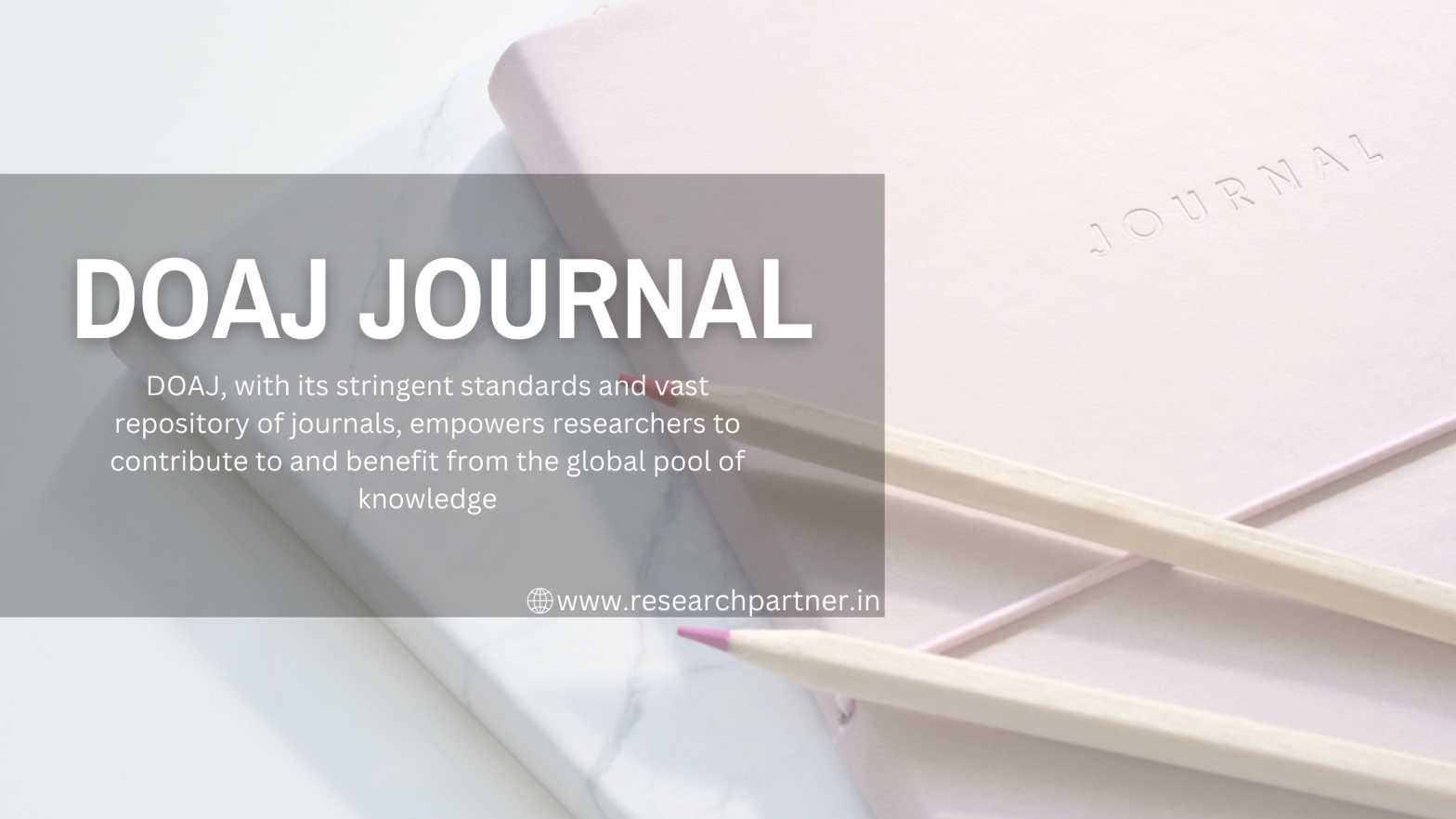
DOAJ Journals: Quality Open Access Research
DOAJ journals represent the future of scholarly communication by ensuring that high-quality research is accessible to everyone.


© 2024 Crivva - Business Promotion. All rights reserved.